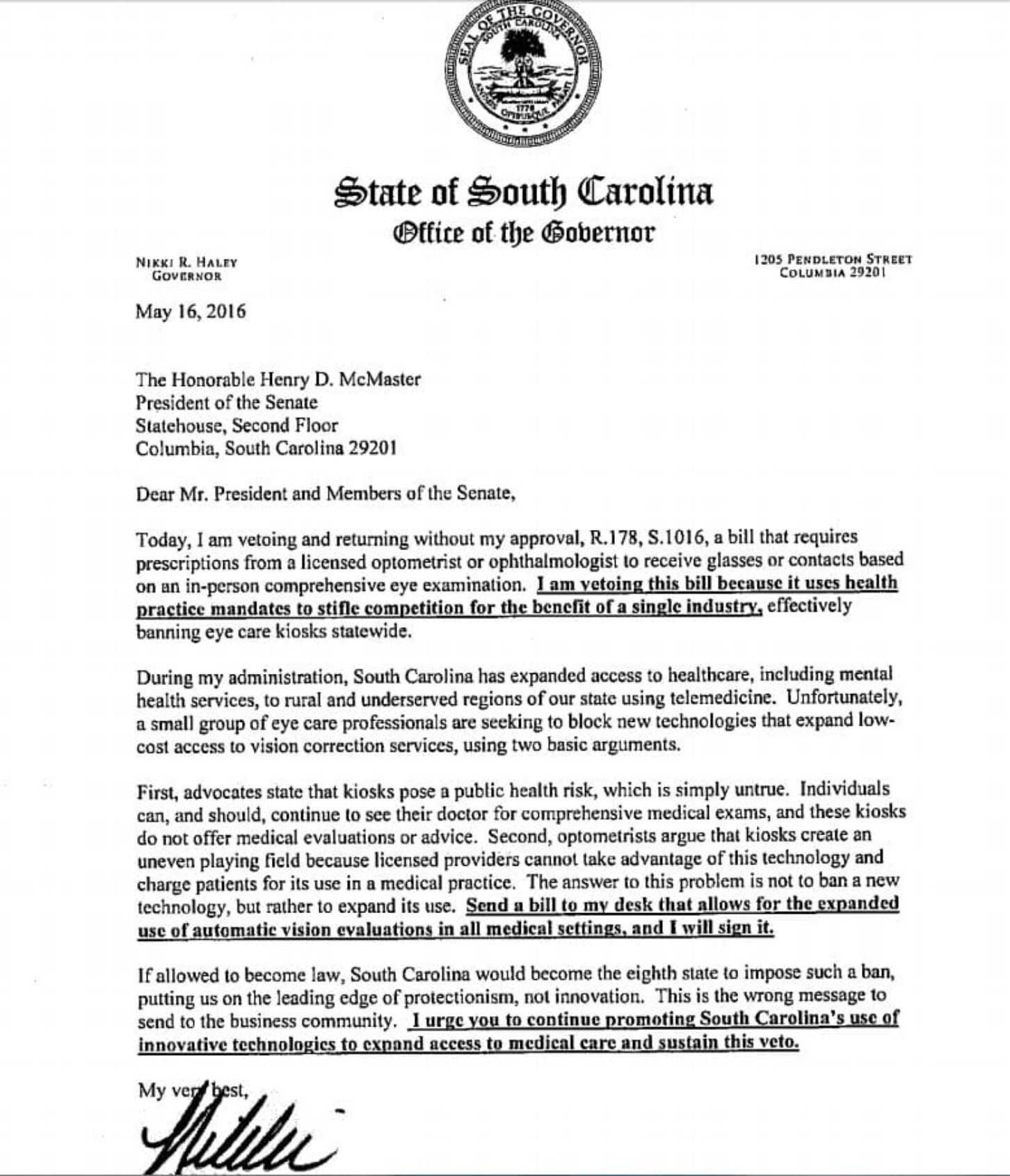
It’s Friday!
Then and Now: In 1991, when the Georgia Public Policy Foundation was established, the average fuel efficiency of a domestic passenger car was 28.4 miles per gallon. According to federal numbers, today it is 36.4 mpg, an improvement of more than 28 percent.
Guide to the Issues 2016, compiled by the Foundation, is now available online. Each Issu chapter includes principles for reform, facts on the issue, background information and, in most cases, positive solutions to the challenges facing Georgia.
Quotes of Note
“Public officers are the servants and agents of the people, to execute the laws which the people have made.” – Grover Cleveland
“Continued dependence upon relief induces a spiritual and moral disintegration fundamentally destructive to the national fiber. To dole out relief in this way is to administer a narcotic, a subtle destroyer of the human spirit.” – Franklin Delano Roosevelt
“Even though the U.S. Justice Department has resoundingly disproven the lie that a pacific Michael Brown was shot in cold blood while trying to surrender (August 2014 in Ferguson, Mo.), Brown is still venerated as a martyr. And now police officers are backing off of proactive policing in the face of the relentless venom directed at them on the street and in the media. As a result, violent crime is on the rise.” – Heather McDonald
Regulation
Overtime, underemployed: Starting in December, more than 4 million workers who make up to $913 a week ($47,476 per year) will have to be offered overtime when they clock in more than 40 hours a week. The old standard was $23,360. Georgia Retail Association President Randy Miller warns the rule will “cost Georgia retailers millions of dollars in administrative costs, and thousands of employees would be changed to hourly, thereby negatively impacting their pay, their benefits and their families.”
Cost of red tape: The forthcoming 10th installment of “Red Tape Rising” by the Heritage Foundation finds that in the first seven years of the Obama administration through 2015, the executive branch enacted 229 major “economically significant” regulations (those anticipated to impose costs of $100 million or more) on America’s private sector. Source: American Enterprise Institute
Eggs and issues: Massachusetts voters will decide in November whether to ban battery cages and the sale of eggs from states with battery-cage systems housing chickens in a small space. After California’s 2014 ban, the price of eggs rose about 75 cents per dozen. Such questionably “humane” moves hurt low-income Americans most, because they spend a larger share of their incomes on food. Did you know Georgia, “Poultry Capital of the World,” produces 26 million pounds of chicken and 9.2 million eggs daily! Source: Wall Street Journal

Education
Higher ed aid: The Government Accountability Office released a report this week entitled, “Actions Needed to Improve Access to Federal Financial Assistance for Homeless and Foster Youth.” The GAO reports, “a lower percentage of foster youth complete a bachelor’s degree within 6 years (14 percent) compared to other students (31 percent).” Benita Dodd wrote recently how Georgia’s REACH mentorship/scholarship program is expanding to target foster children.
Charter Funding: Kudos to Atlanta Public Schools for including charter schools in its Tuesday referendum on the one-cent education special-purpose local option sales tax, known as E-SPLOST. Let’s hope this initiative lays the groundwork for more equitable facility funding for charter schools around the state in the future.
Results are in: An analysis of 100 studies by the Friedman Foundation for Educational Choice shows school choice is a win-win solution. The foundation created a short slideshow of the findings.
Health care
Embracing innovation: Georgia legislators were first in the nation, unfortunately, to ban an innovative online vision care service. In South Carolina this week, Gov. Nikki Haley vetoed similar legislation, “because it uses health practice mandates to stifle competition for the benefit of a single industry … a small group of eye care professionals is seeking to block new technologies that expand low-cost access to vision correction services.”
Friday Flashback
This month in the archives: In May 2006, the Foundation published, “Health Care: Why Incentives Matter.” It noted, “Without fundamental reform such as removing tax inequities, removing barriers to competition and providing incentives for individuals to take ownership of their health, the norm will continue to be unmanageable increases in the ranks of the uninsured and in health costs.”
Media
Foundation in the News: The Waycross Journal-Herald published, “Charter Schools Maligned by EdWeek Blog,” by Russ Moore.
Social media: This week, the Foundation has 2,914 Facebook “likes” and 1,599 Twitter followers at twitter.com/gppf. Follow us on Instagram, too!
Visit georgiapolicy.org to read our latest commentary, “Poverty Solutions Should Minimize Government’s Role,” by Geoff Duncan.
Have a great weekend!
Kelly McCutchen and Benita Dodd
FRIDAY FACTS is made possible by the generosity of the Georgia Public Policy Foundation’s donors. If you enjoy the FRIDAY FACTS, please consider making a tax-deductible contribution to help advance our important mission by clicking here. Visit our Web site at www.georgiapolicy.org. Join The Forum at http://forum.georgiapolicy.org/. Find the Foundation on social media at Facebook, twitter.com/gppf and Instagram.
